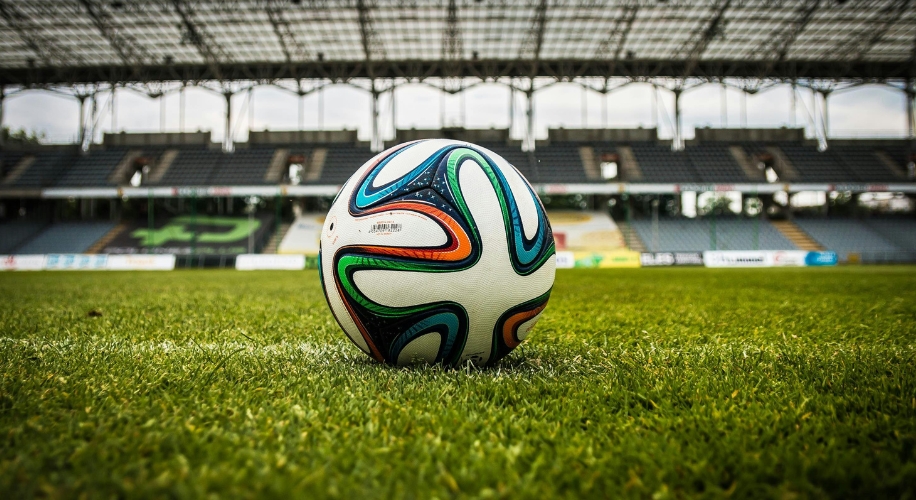Tracking the Ball in Football and Rugby
As the 2024 Olympics come to a close, we’ve seen that the role of vision in sports extends beyond just seeing the ball—it’s also about strategic insight, split-second decisions, and spatial awareness. Whether you’re on the pitch for football (soccer) or the field for rugby, your ability to see and interpret the game can significantly impact your performance.
Photo by Pixabay
Vision and Football (Soccer)
Football is a fast-paced game that demands exceptional visual acuity and spatial awareness. Players need to process a lot of information quickly, including the movements of teammates, opponents, and the ball.
Visual Skills Crucial for Football
- Peripheral Vision: Footballers rely heavily on their peripheral vision to track players and the ball without having to constantly shift their gaze. This helps in anticipating opponents’ moves and positioning oneself effectively on the field.
- Depth Perception: Accurate depth perception is essential for judging the distance of the ball, the trajectory of crosses, and the positioning of players. This skill is critical for making precise passes and effective tackles.
- Reaction Time: Quick reaction times are crucial in football, especially when reacting to a fast-moving ball or an opponent’s sudden movement. Sharp visual processing enables players to respond swiftly to dynamic changes during the game.
Enhancing Vision for Football
To improve visual skills for football, players can engage in specific training exercises. Drills that focus on reaction time, depth perception, and peripheral vision can be beneficial. Additionally, ensuring optimal eye health through regular eye exams and wearing corrective eyewear can help maintain peak visual performance.

Photo by Stanley Morales
Vision and Rugby
Rugby, much like football, is a sport that requires exceptional visual acuity, but the demands are slightly different due to the nature of the game. Rugby involves frequent physical contact and a more rugged style of play, which impacts how vision contributes to performance.
Visual Skills Crucial for Rugby
Tracking Multiple Targets: Rugby players need to track not just the ball but also multiple players who are moving rapidly in various directions. This requires a high level of visual concentration and the ability to switch focus quickly.
- Spatial Awareness: Understanding the positioning of both teammates and opponents is vital for making strategic plays, such as effective passing and positioning for tackles. Good spatial awareness helps players make better decisions in high-pressure situations.
- Judging Distance and Timing: Rugby players must accurately judge distances to make successful tackles or kicks and to time their movements effectively. This skill is crucial for both offensive and defensive plays.
Enhancing Vision for Rugby
Rugby players can benefit from vision training that focuses on improving tracking skills and spatial awareness. Exercises that simulate game scenarios can help players improve their ability to process multiple visual inputs simultaneously. Additionally, protective eyewear, such as sports goggles, can offer an extra layer of safety and enhance visual clarity during games.
Photo by Patrick Case
The Intersection of Vision and Performance
In both football and rugby, vision is a fundamental aspect of an athlete’s performance. Good visual skills contribute to better decision-making, enhanced tactical awareness, and overall game effectiveness. Athletes in these sports should prioritize eye health and consider vision training as part of their overall training regimen.
Regular Eye Exams
Regular eye exams are essential for maintaining good vision. These exams can detect and correct any visual impairments that may affect performance. For athletes, it’s important to address any vision issues promptly to ensure optimal gameplay.
The Role of Corrective Lenses
For players who require corrective lenses, choosing the right type—whether glasses or contact lenses—is crucial. Sports-specific eyewear can provide the necessary visual acuity while also offering protection from potential injuries. Whether you’re a footballer or a rugby player, clear vision is not just an advantage—it’s a necessity for excelling in your sport.






 Canada
Canada